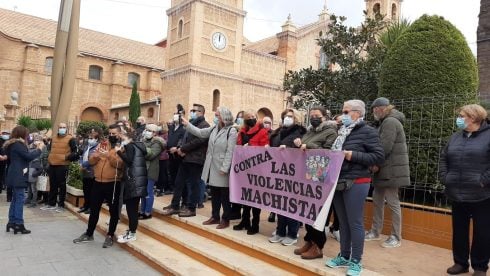PEOPLE in Spain are less likely to suffer financial hardship due to healthcare costs than in most other European countries.
The financial crisis in Spain had a significant effect on people’s ability to pay for health services, according to a new report by the World Health Organisation (WHO).
But despite the worsening economic situation, only a small share of households currently experience financial hardship when using health services thanks to the preventative policies of Spain’s NHS.
These included residence being the basis for healthcare cover as well as services being free at the point of use.

There are also measures to help reduce costs such as a cap of €4.24 per item for prescriptions to treat chronic conditions.
There are also exemptions for payments for disadvantaged groups, and an income-based cap on payments for prescriptions for most pensioners.
“Health care is a fundamental right and should never leave people out of pocket. I am pleased to see that Spain is leading the way in our region. These are positive and encouraging findings, showing that limiting the use of co-payments, and practical measures such as reducing co-payments for medicines for chronic conditions, exempting disadvantaged groups and introducing income-based caps, go a long way in protecting Spanish households from financial hardship,” said Dr Hans Henri P. Kluge, WHO Regional Director for Europe, during a virtual press conference launching the report.
Despite these strengths the report says there is still a relatively high level of unmet need for dental and eye care in Spain due to their costs, as well as long waiting times for secondary care and surgery.
READ MORE:
- HEALTHCARE BOOST: Regional government in Spain’s Valencia triples investment into the public system
- Time to detox and take care of your health after Christmas festivities in Spain
- Preventative health care tips for pensioners











